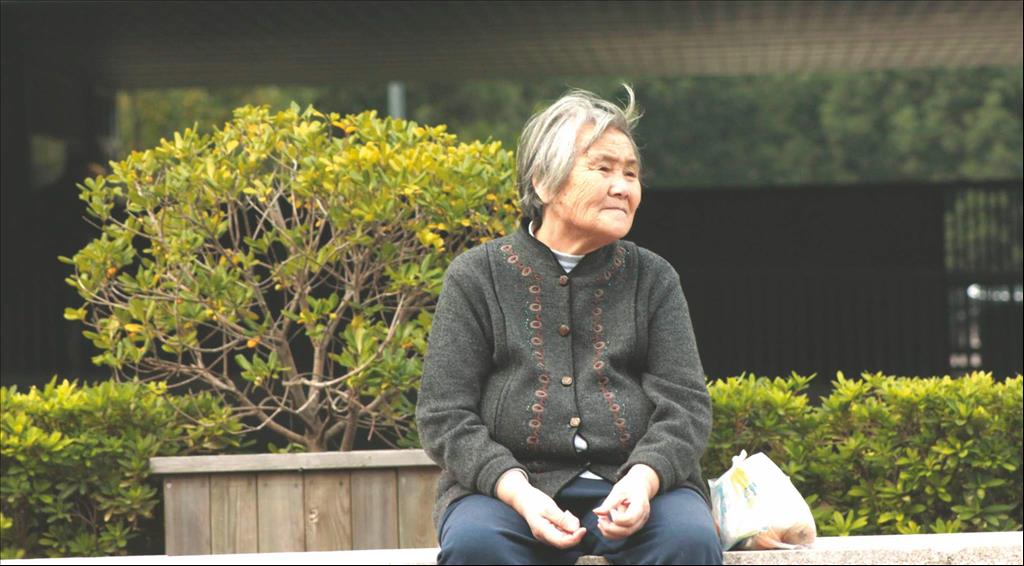
403
Sorry!!
Error! We're sorry, but the page you were looking for doesn't exist.
Middle East's elderly need more care, say experts
(MENAFN- Khaleej Times) Lucy Agron, a 63-year-old Filipina has lived in Dubai for 15 years. Her visa sponsor, a well-known family, is interested in keeping Lucy on, as they want her to continue being the full time caretaker of an 89-year-old Emirati woman named Salama Saeed. Lucy calls Salama "mama". Lucy and Salama Saeed live in a facility in Al Mamzar, Dubai. Salama has full blown dementia. Lucy can't leave her. She can't just retire and go back home to Phillipines. "When I'm not there she won't open her mouth to eat," says Lucy who can speak Arabic and believes mama can understand her and recognise her even though she isn't the same as before; Salama is fed by a feeding tube. Why do Lucy's sponsors, not related to Salama, even care about providing full time care for Salama? Lucy says it's because the sponsor's family - all the children - were raised by Salama, and they have a sense of duty and attachment to their old nanny. They call Lucy often to ask how Salama is getting on. There are at least 468 elderly persons living alone in the UAE, according to a study by the Dubai School of Government. The Community Development Authority Dubai says they've registered 5,400 elderly people (60 years old and above) for the Thukher Card, which aims to provide a package of services and facilities for the elderly. The study goes on to say the elderly lack proper care at their homes - many of them do not receive any care at all at their homes, and some delegate their care to the domestic help. Mariam Hasan, general manager of the privately run Enayati Home Healthcare Centre, says: "Geriatric depression IS a health issue, and it IS a reality and we DO TRAIN our nurses to be READY to respond using the Canadian best practice guidelines for elder care". She says geriatric depression is going to be discussed at the next Homecare and LTC (long-term care) conference in Abu Dhabi in October. Citing Canadian training guidelines, Mariam says: "The incidence of depression in long-term care facilities is 3-4 times higher than the general population. "As the life expectancy in the UAE increases, health policy and systems need to respond to the emergence of health issues amongst the elders such as geriatric depression." According to the Dubai School of Government study, "old-age dependency rates will increase. After 2015, the dependent population, mostly the elderly, will begin to grow faster than the working age population in the UAE". Mariam Al Qatari, director at Sharjah Home for the Age in Al Nouf, Sharjah, says: "Our Sharjah old people home has 40 patients, men and women, and they feel happy here because, first of all, they are getting all the attention they need - whether it is medical or social or even as entertainment. They never feel lonely. Every day they have new programmes. Some days they have religious programmes which include reading the Holy Quran and prayers and listening to lectures by sheikhs. Other days they play cards, or dominos or darts." Cookery classes are also held, she elaborates. Al Qatari says youngsters should serve the community by visiting old people, spending a day with them. "They enjoy talking to children and telling stories about the past and their work before." Sadness and depression Dr Haytham Shabayek, psychiatry specialist at Medeor 24x7 Hospital Abu Dhabi, says loneliness in general has two aspects - social aspects and the psychological/psychiatric aspects. They're even soon starting a Medeor Geriatric Mental Health Programme. "We don't get geriatric patients suffering from only loneliness. Mostly we see them when they enter into the stage of depression. By the way, most of the time, depression in the elderly does not look like the usual depressive symptoms in adults (sad mood/loss of interest/loss of appetite/sleep deprivation/etc). In the case of geriatrics, it appears in another form known as "depressive pseudodementia." It is not a real type of dementia; many such patients are misdiagnosed as dementia cases. That is why the geriatric cases have to be diagnosed very carefully and investigated deeply at the very first visit. Managing depressive pseudodementia is totally different from dementia and can be treated very well if diagnosed correctly. Dr Shabayek has a piece of advice to families: "Please try and connect better with elders. You think you are giving everything to your parents but have you ever asked yourself if this is what they really need from you? What they need is usually way simpler than what we are giving. Be there really for them in a real way, by your heart. Care for them and not only pay for them, because such a relationship is more valuable than all the money in your bank." There are relatively few elderly care facilities in the UAE. The study says existing institutions are not adequately prepared to deliver effective elderly care. And that there are various problems - limited budgets, growing numbers of elderly patients in various advanced stages of disease, and a lack of specialisation in geriatric medicine. Nivriti Butalia Nivriti writes features on turtles and fruit baskets and the importance of recycling your trash. Partial to quirkier human-interest stories, she handles special reports about the environment, higher education, tourism, heritage, books. Her twitter handle is butniv.



















Comments
No comment